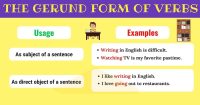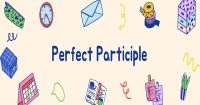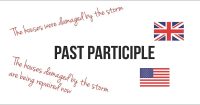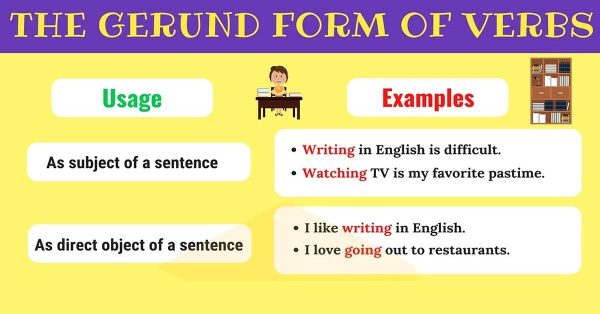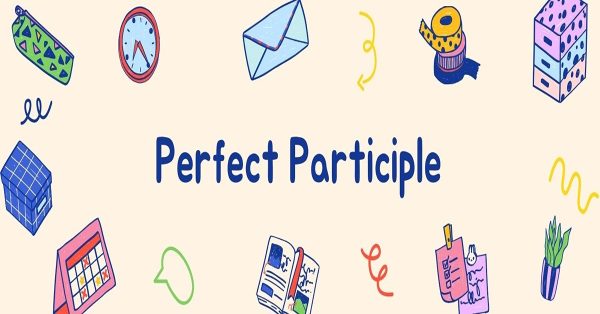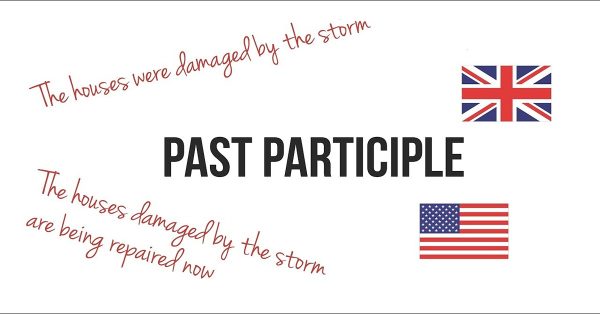Động từ khuyết thiếu là mảng ngữ pháp quan trọng, thường xuyên xuất hiện trong các bài thi và được sử dụng nhiều trong giao tiếp hàng ngày. Cách sử dụng của các động từ này khá đơn giản, tuy nhiên có những động từ khuyết thiếu với ý nghĩa tương đương nhau nhưng lại khác biệt trong mục đích sử dụng khiến người học tiếng Anh đôi khi phải “đau đầu”. Trong đó, việc phân biệt must và have to và should là kiến thức mà nhiều người quan tâm nhất. Vì vậy, hôm nay hãy cùng Language Link Academic luyện tập phân biệt cách dùng các động từ khuyết thiếu này nhé.
Tổng hợp bài tập phân biệt MUST và HAVE TO và OUGHT TO và SHOULD
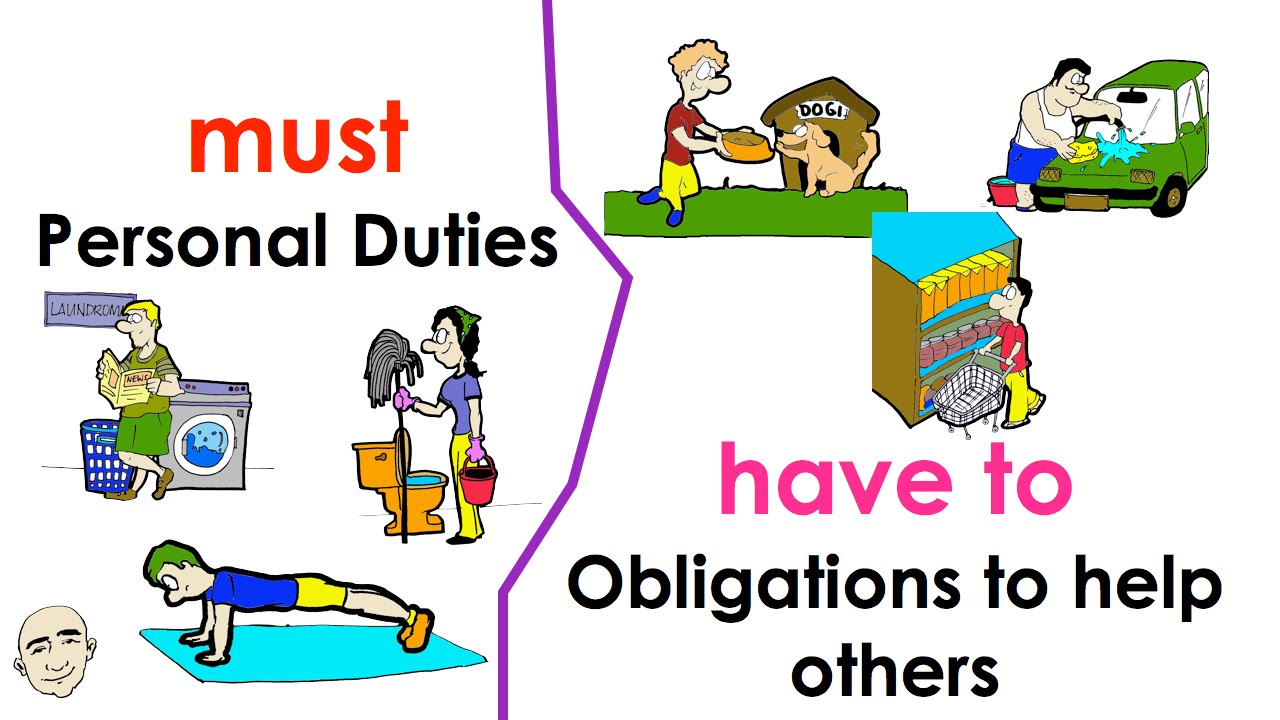
Trước khi bước vào bài tập, đừng quên ôn tập lại Sử dụng “chuẩn” MUST/HAVE TO/OUGHT TO trong tiếng Anh thế nào? và Phân biệt cách sử dụng MUST/HAVE TO/SHOULD nhé!
Cách phân biệt must và have to khá rạch ròi so với ought to và should. Chúng ta sẽ thường băn khoăn giữa hai nhóm này khi làm bài tập hay sử dụng trong giap tiếp thông thường.
Exercise 1. Find the correct word to complete the sentences below.\
1. When we were at school we ____________ wear a uniform.
2. You ____________ be an expert to use the basic functions of program.
3. You _____________to tell her that you are sorry.
4. We _____________go to the meeting. Why didn’t you go?
5. I _____________wear glasses, I still can see perfectly well.
6. We went to bed right after dinner because we __________ get up early the following day.
7. We _____________ go for a drink one day.
8. You ______________ take any money. It wasn’t necessary.
9. What are you doing? You ________________be here!
10. We ____________________talk to each other because it was an exam.
11. You ________________ turn off your mobile phone on a plane.
12. You____________ have to drive. You can catch a train.
13. You_____________ go swimming after a big dinner.
14. Did you ____________ to study Latin at school?
15. You ___________ to take an umbrella. It’s raining.
16. I think we _____________ go now. It’s late.
Exercise 2. Choose the forms that mean the same as the underlined words.
1. You should visit them.
a. could
b. ought to
c. must
2. You mustn’t use the swimming pool before 10. Choose TWO correct options
a. aren’t allowed to
b. don’t have to
c. can’t
3. We have to clean our room every day.
a. ought to
b. should
c. ‘ve got to
4. You must come and see this. Choose TWO correct options
a. ‘ve got to
b. can
c. have to
5. You mustn’t arrive late. Choose TWO correct options
a. aren’t allowed to
b. don’t have to
c. can’t
6. You shouldn’t go so fast. It’s a bit dangerous.
a. ought not to
b. mustn’t
c. don’t have to
7.Do I have to go to the meeting with them?
a. Must I
b. Can’t I
c. Am I allowed to
8. I have to get up early.
a. should
b. have got to
c. should
9. You mustn’t take that elevator. It’s only for staff. Choose TWO correct options
a. can’t
b. aren’t allowed to
c. don’t have to
10. We aren’t allowed to play outside under any circumstances.
a. ought not to
b. mustn’t
c. shouldn’t
Exercise 3. Complete the following sentences with the most appropriate modal verb from the list below. Remember that ought to is more formal than should.
can / could / must / mustn’t / should / shouldn’t / have to / don’t have to / ought to / ought not to / were able to
Example: Are you any good at athletics? How fast can you run?
1. The advice from the health committee is that all people with symptoms ___________go to the doctor.
2. This is a non-smoking area, you ____________smoke here.
3. I hate big multinational companies. I think they __________pay more taxes.
4. When she was 4 years old, she _________ read perfectly well.
5. I ___________get up early tomorrow; I want to go running very early.
6. You __________ eat so many sweats. They are bad for you.
7. We ____________ wear a tie at work. I hate it!
8. The board agreed that employers ___________ have access to an employee’s medical file.
9. There was a lot of traffic, but fortunately we __________ arrive on time.
10. I’m not working tomorrow, so I __________ get up early.
Exercise 4. Modals of Obligation. Put in ‘mustn’t’ or ‘don’t / doesn’t have to’:
1. We have a lot of work tomorrow. You _______________ be late.
2. You _______________ tell anyone what I just told you. It’s a secret.
3. The museum is free. You _______________ pay to get in.
4. Children _______________ tell lies. It’s very naughty.
5. John’s a millionaire. He _______________ go to work.
6. I _______________ do my washing, because my mother does it for me.
7. We _______________ rush. We’ve got plenty of time.
8. You _______________ smoke inside the school.
9. You can borrow my new dress but you _______________ get it dirty.
10. We _______________ miss the train, it’s the last one tonight.
11. She _______________ do this work today, because she can do it tomorrow.
12. I _______________ clean the floor today because I cleaned it yesterday.
13. We _______________ forget to lock all the doors before we leave.
14. We _______________ stay in a hotel in London, we can stay with my brother.
15. I _______________ spend too much money today. I’ve only got a little left.
16. They _______________ get up early today, because it’s Sunday.
17. I _______________ eat too much cake, or I’ll get fat!
18. We _______________ be late for the exam.
19. You _______________ tidy up now. I’ll do it later.
20. He _______________ cook tonight because he’s going to a restaurant.
Đáp án bài tập phân biệt MUST và HAVE TO và SHOULD
Exercise 1.
1. had to
2. don’t have to
3. have got to (instead of have to in informal English)
4. had to
5. don’t have to
6. had to
7. must
8. didn’t have to
9. must not
10. weren’t allowed to
11. must
12. don’t
13. shouldn’t
14. ought
15. don’t
16. have
Exercise 2.
1. B
2. C
3. C
4. A – C
5. A – C
6. A
7. A
8. B
9. A – B
10. B
Exercise 3.
1. ought to (should is also possible)
2. mustn’t
3. should (ought to is also possible)
4. could
5. must
6. shouldn’t (ought not to is also possible)
7. have to
8. ought not to (shouldn’t is also possible)
9. were able to
10. don’t have to
Exercise 4.
1. We have a lot of work tomorrow. You mustn’t be late.
2. You mustn’t tell anyone what I just told you. It’s a secret.
3. The museum is free. You don’t have to pay to get in.
4. Children mustn’t tell lies. It’s very naughty.
5. John’s a millionaire. He doesn’t have to go to work.
6. I don’t have to do my washing, because my mother does it for me.
7. We don’t have to rush. We’ve got plenty of time.
8. You mustn’t smoke inside the school.
9. You can borrow my new dress but you mustn’t get it dirty.
10. We mustn’t miss the train, it’s the last one tonight.
11. She doesn’t have to do this work today, because she can do it tomorrow.
12. I don’t have to clean the floor today because I cleaned it yesterday.
13. We mustn’t forget to lock all the doors before we leave.
14. We don’t have to stay in a hotel in London, we can stay with my brother.
15. I mustn’t spend too much money today. I’ve only got a little left.
16. They don’t have to get up early today, because it’s Sunday.
17. I mustn’t eat too much cake, or I’ll get fat!
18. We mustn’t be late for the exam.
19. You don’t have to tidy up now. I’ll do it later.
20. He doesn’t have to cook tonight because he’s going to a restaurant.
Lời kết
Chúng mình cũng gợi ý thêm cho các bạn một số nguồn bài tập ngữ pháp hữu ích bạn có thể tham khảo trong quá trình học tiếng Anh của mình. Các trang này không chỉ cung cấp bài tập mà còn có tổng hợp kiến thức để bạn có thể dễ dàng tự học.
- British Council: Độ phổ biến và tin cậy của trang này chắc không cần phải nói nhiều thêm nữa.
- Perfect English – Grammar: Nếu bạn chú tâm vào luyện ngữ pháp và thường xuyên tìm kiếm bài luyện tập online, có lẽ trang này đã quá quen thuộc với bạn. Không chỉ cung cấp bài tập vô cùng đa dạng, Perfect English – Grammar còn có hệ thống kiến thức Tiếng Anh vô cùng phong phú.
- English Grammar: 1 trang khác cũng tương tự Perfect English – Grammar.
- Test – English: Đây cũng là một trang rất hay giúp bạn luyện tập ngữ pháp và luyện thi các chứng chỉ tiếng Anh. Trang tích hợp hệ thống bài kiểm tra tự động, rất tiện lợi cho các bạn tự học.
- Kênh Youtube Oxford Online English: Kênh chuyên cung cấp các bài giảng online bởi giáo viên nước ngoài, vô cùng rõ ràng.
Cùng chúng tôi tham khảo video sau đây Oxford English Online hướng dẫn người học cách phân biệt MUST/HAVE TO/SHOULD:
Đừng quên ghé thăm thư viện của Language Link Academic để xem thêm nhiều bài blog thú vị.
Chúc bạn học tốt!!!




